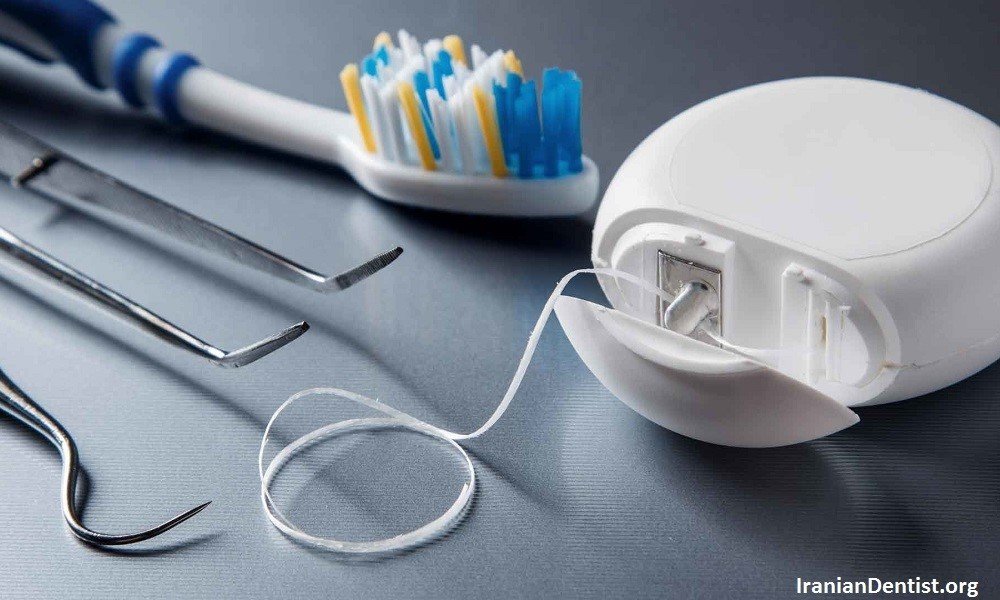Iranian Dentists’ Duties and Responsibilities

According to IranianDentist.org, the dentist is a doctor who is specially trained to care for teeth. When you visit for a checkup, your dentist will look at your teeth and gums to check for any problems.
The dentist also wants to make sure your teeth are developing properly as you grow. It is important to visit your Iranian dentist every 6 months to make sure you're taking good care of your teeth and that your teeth and gums are healthy. The duties and responsibilities of a dentist include diagnosing, treating and providing preventative and restorative care for problems that affect their patients' mouths and teeth.
Iranian dentists’ areas of care include not only their patients’ teeth and gums but also the muscles of the head, neck and jaw, the tongue, salivary glands, and the nervous system of the head and neck. During a comprehensive exam, Iranian dentists examine the teeth and gums, but they also look for lumps, swellings, discolorations, ulcerations or any abnormality. When appropriate, they perform procedures such as biopsies, diagnostic tests for chronic or infectious diseases, salivary gland function, and screening tests for oral cancer. In addition, Persian dentists can spot early warning signs in the mouth that may indicate disease elsewhere in the body. Their training also enables them to recognize situations that warrant referring patients for care by dental specialists or physicians.
What's the Difference Between a Pediatric Dentist and a Regular Dentist?
A Persian dentist's primary duties and responsibilities include examining the dental and oral health of patients of all ages and administering treatment accordingly. A general dentist's role is similar to that of a primary care physician in that they care for the overall dental needs of patients. A pediatric dentist has at least two additional years of training beyond dental school. The additional training focuses on management and treatment of a child's developing teeth, child behavior, physical growth and development, and the special needs of children's dentistry. Although either type of dentist is capable of addressing a child's oral health care needs, a pediatric dentist, his or her staff, and even the office décor are all geared to care for children and to put them at ease. If the child has special needs, care from a pediatric Iranian dentist should be considered.
History of Dentistry
Dentistry, in some form, has been practiced since ancient times. For example, Egyptian skulls dating from 2900 to 2750 BCE contain evidence of small holes in the jaw in the vicinity of a tooth’s roots. Such holes are believed to have been drilled to drain abscesses. In addition, accounts of dental treatment appear in Egyptian scrolls dating from 1500 BCE. It is thought that the Egyptians practiced oral surgery perhaps as early as 2500 BCE, although evidence for this is minimal. An early attempt at tooth replacement dates to Phoenicia (modern Lebanon) around 600 BCE, where missing teeth were replaced with animal teeth and were bound into place with cord.
Source: www.IranianDentist.org
Leave a Comment